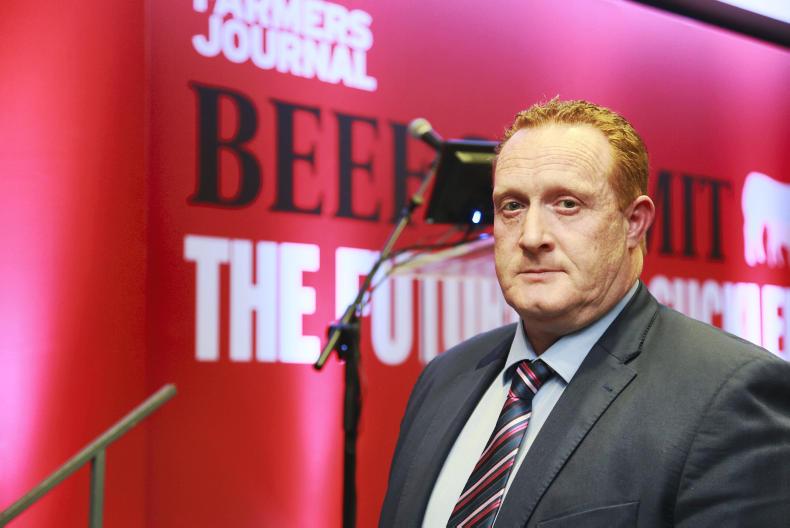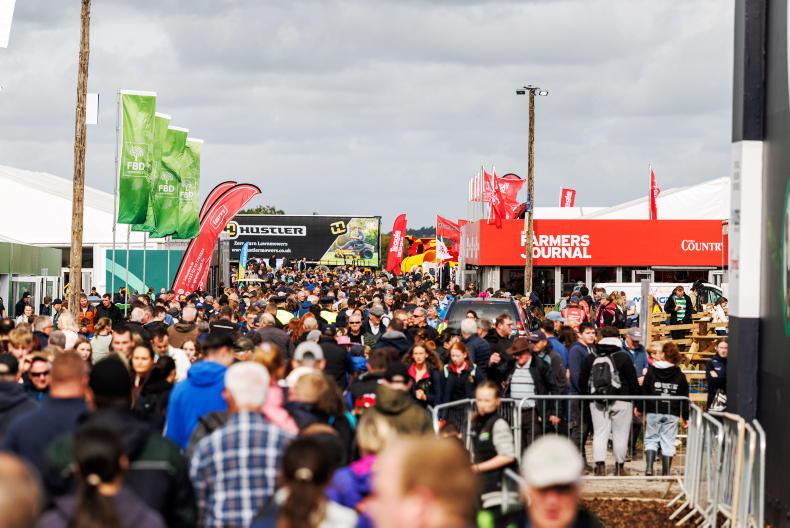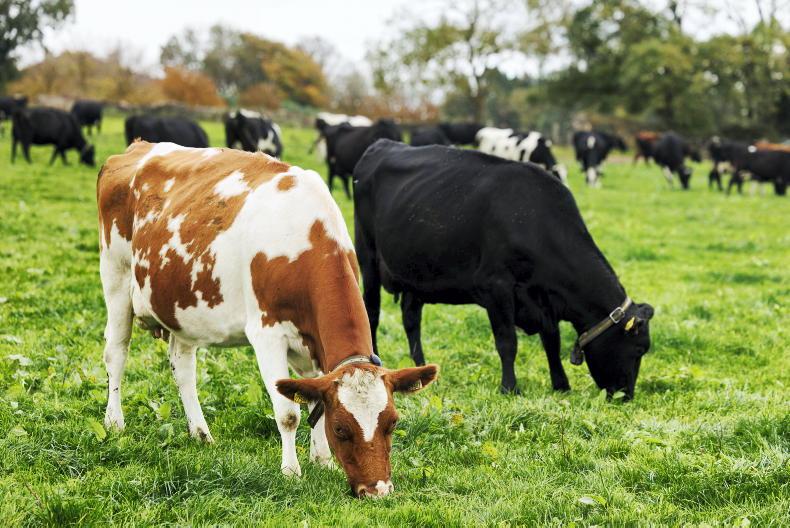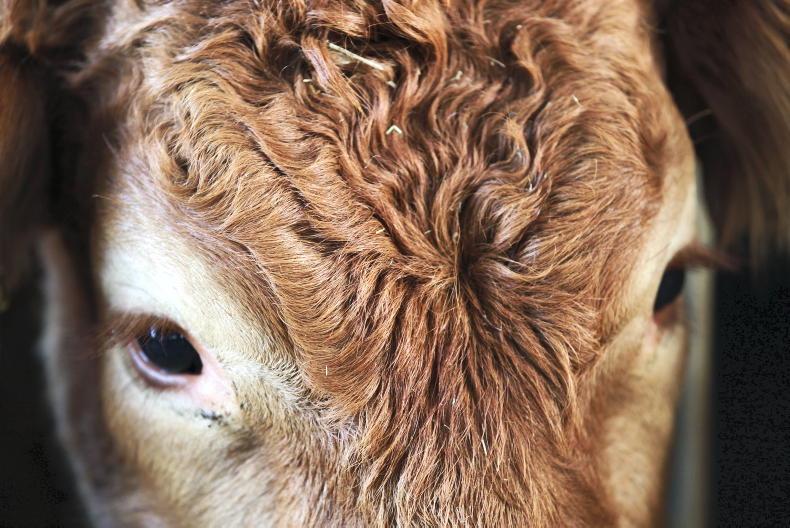Just 2% of workers in meat factories come through recruitment agencies, senior director of Meat Industry Ireland (MII) Cormac Healy has told RTÉ.
The sector was the subject of fierce criticism by workers’ unions during the Oireachtas special committee on COVID-19 response on 13 August.
There was a particular spotlight on the use of migrant labour and recruitment agencies in the industry, with allegations that poor employment practices, including a lack of access to sick pay, had triggered the spread in meat factories.
However, Healy was adamant that the meat sector was a business that was based on full-time direct employment.
The issue of subcontracting through agencies has been a cause for concern in Germany where it is estimated that two-thirds of the 90,000 meat industry workforce are employed through subcontractors.
Recruitment
When quizzed by presenter Mary Wilson on how factories recruited workers from abroad, Healy said: “From recruitment abroad they [factories] use recruiters but with a view to full-time direct employment within the industry.”
Healy also said that just 20% of workers operating in the 40 plants represented by MII had access to sick pay schemes.
“Sick pay is not just an issue for the meat industry, it is a factor that’s out there. We are complying with legislation,” he said.
Inspections
The issue of the pre-announced inspection of meat plants was put to him in wake of confirmation that the Health and Safety Authority conducted 39 inspections of factories since the start of June – 30 of which were pre-announced.
Healy responded that a huge amount of work had been done by the industry. MII has previously said that they would welcome unannounced inspections.
“While there were a serious amount of clusters, we got from 22 down to the one we had in recent days,” he said.
Read more
80% of workers not covered by sick pay - Meat Industry Ireland
Meat factory recruiter told to pay Irish tax contributions
Just 2% of workers in meat factories come through recruitment agencies, senior director of Meat Industry Ireland (MII) Cormac Healy has told RTÉ.
The sector was the subject of fierce criticism by workers’ unions during the Oireachtas special committee on COVID-19 response on 13 August.
There was a particular spotlight on the use of migrant labour and recruitment agencies in the industry, with allegations that poor employment practices, including a lack of access to sick pay, had triggered the spread in meat factories.
However, Healy was adamant that the meat sector was a business that was based on full-time direct employment.
The issue of subcontracting through agencies has been a cause for concern in Germany where it is estimated that two-thirds of the 90,000 meat industry workforce are employed through subcontractors.
Recruitment
When quizzed by presenter Mary Wilson on how factories recruited workers from abroad, Healy said: “From recruitment abroad they [factories] use recruiters but with a view to full-time direct employment within the industry.”
Healy also said that just 20% of workers operating in the 40 plants represented by MII had access to sick pay schemes.
“Sick pay is not just an issue for the meat industry, it is a factor that’s out there. We are complying with legislation,” he said.
Inspections
The issue of the pre-announced inspection of meat plants was put to him in wake of confirmation that the Health and Safety Authority conducted 39 inspections of factories since the start of June – 30 of which were pre-announced.
Healy responded that a huge amount of work had been done by the industry. MII has previously said that they would welcome unannounced inspections.
“While there were a serious amount of clusters, we got from 22 down to the one we had in recent days,” he said.
Read more
80% of workers not covered by sick pay - Meat Industry Ireland
Meat factory recruiter told to pay Irish tax contributions









SHARING OPTIONS